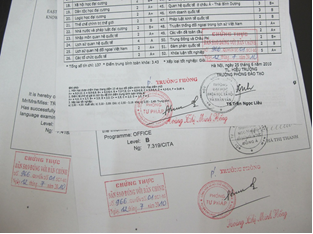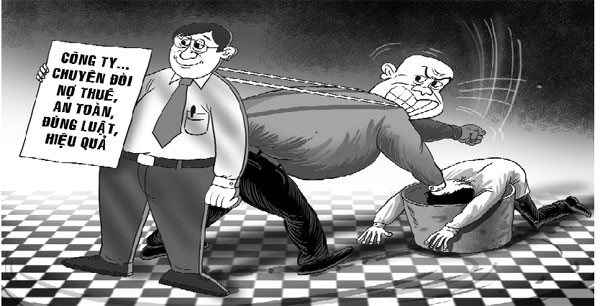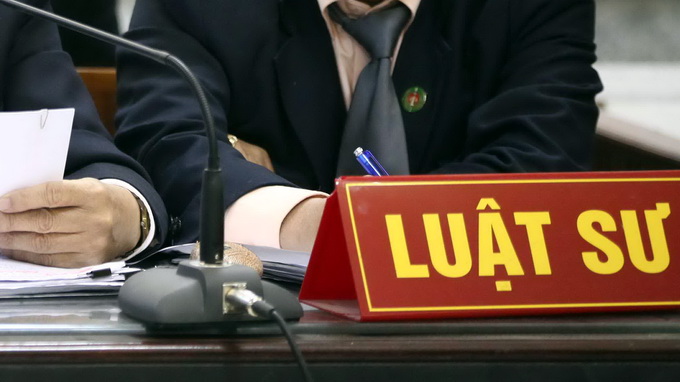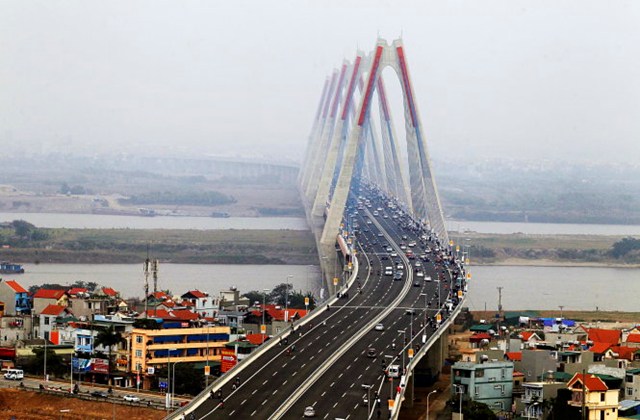What are the policies for talented people in public service activities in Vietnam? - Thuy Linh (Ben Tre)

Policies for talented people in public service activities in Vietnam (Internet image)
1. Responsibility for reviewing and detecting talented people in public service activities in Vietnam
Responsibilities for reviewing and detecting talented people in public service activities according to Article 69 of Decree 138/2020/ND-CP are as follows:
- Responsibilities of heads of agencies or organizations employing civil servants:
+ Annually, reviewing and detecting talented people in public service activities within the agency or organization under their management;
+ Proposing competent authorities to include or remove from the list of talented people in public service activities;
+ Taking responsibility for your proposal or not.
- Responsibilities of the head of a civil servant management agency:
+ Making a list of talented people engaged in public service activities within the management agency or organization (if any);
+ Developing plans and directing the regular review and detection of talented people in public service activities;
+ Deciding to include or remove someone from the list of talented people in public service activities after exchanging opinions with relevant organizations and individuals. When adding to the list of talented people in public service activities, attention must be paid to factors of political quality, ethical conduct, and protection of internal politics.
2. General policies for talented people in public service activities in Vietnam
General policies for talented people in public service activities in Vietnam according to Article 70 of Decree 138/2020/ND-CP are as follows:
- Policy on training and retraining:
+ Being assigned to participate in training programs on basic knowledge and an overview of industries, occupations, and fields of work in line with development orientations;
+ Being sent to participate in domestic and international-focused training courses for programs suitable to industries, professions, and fields in accordance with development orientations;
+ Being sent to participate in other training and retraining courses suitable to the specific characteristics of the industry, field, or locality decided by the head of the agency competent to recruit civil servants.
- Policy on working environment and working equipment:
+ Attending and expressing opinions at meetings related to the professional work of the leaders of the agencies and organizations currently working;
+ Being assigned or assigned by a competent authority (or a group) to assist in performing specific tasks and tasks. The person (or group) assigned to be responsible for performing tasks at the request of talented people in public service activities;
+ Investing in equipment and working means to perform the assigned tasks.
Where necessary, resources and special equipment may be invested to carry out the contents of programs, schemes, topics, and scientific research works that have been assessed as feasible by competent authorities and are proposed to be applied in practice;
+ Arranging and arranging human and material resources to serve during the performance of specific tasks, including outside working time;
+ Facilitating access to documents to serve professional activities and scientific research;
+ Proposing cost estimates for performing specific jobs or tasks; assigning them; deciding on the use of funds; and taking responsibility before the law and competent authorities for the use of the allocated funds.
- Policy on planning and appointments:
+ Being given priority to consider, select planning, and appoint to the title of leader, manager, or leading expert in the field of work;
+ Priority is given to fostering a desire to become a leading scientist and expert in a field suitable to his/her working expertise; assigned to lead scientific research projects at ministerial, provincial, and higher levels.
- Policy on salary, welfare regime, and other policies: The head of the agency managing civil servants shall decide the application of the salary policy, welfare regime, and other policies as follows:
+ Additional allowances compared to the salary according to the current coefficient. The additional allowance is not used to calculate the payment for the compulsory social insurance and health insurance regimes.
The additional funding is determined in the recurrent expenditure estimates and allocated to agencies and organizations in accordance with the provisions of the Law on State Budget;
+ Special way to raise salary ahead of time or special consideration for raising the rank of civil servant if there are particularly outstanding achievements in public service activities or quality classification at the level of excellent completion of tasks for 3 consecutive years from the day on which the recruitment decision is issued, if the criteria and conditions of the adjacent higher rank are satisfied in the same professional branch as the one currently held without the requirement for the period of holding the rank as prescribed;
+ Being given priority to rent official houses or to borrow money to buy a house on installments under the guarantee of agencies or organizations from the Bank for Social Policies with preferential interest rates as prescribed by the Government;
+ Keeping the same regimes and policies during the time they are sent for training and retraining. In cases where the study place is not in the locality where the work is done, the same benefits apply to the person who is sent on a business trip.
- Pursuant to the provisions in Clauses 1, 2, 3 and 4 of Article 70 of Decree 138/2020/ND-CP;
Relevant law provisions and actual conditions of agencies, organizations, and heads of agencies according to the authority specified in Clause 3, Article 6 of the Law on Cadres and Civil Servants 2008 (amended 2019) to decide on specific policies to be applied to each case under its management.
Quoc Dat
- Key word:
- public service activities
- in Vietnam
 Article table of contents
Article table of contents










.Medium.png)
.Medium.png)
.Medium.png)
.Medium.png)
